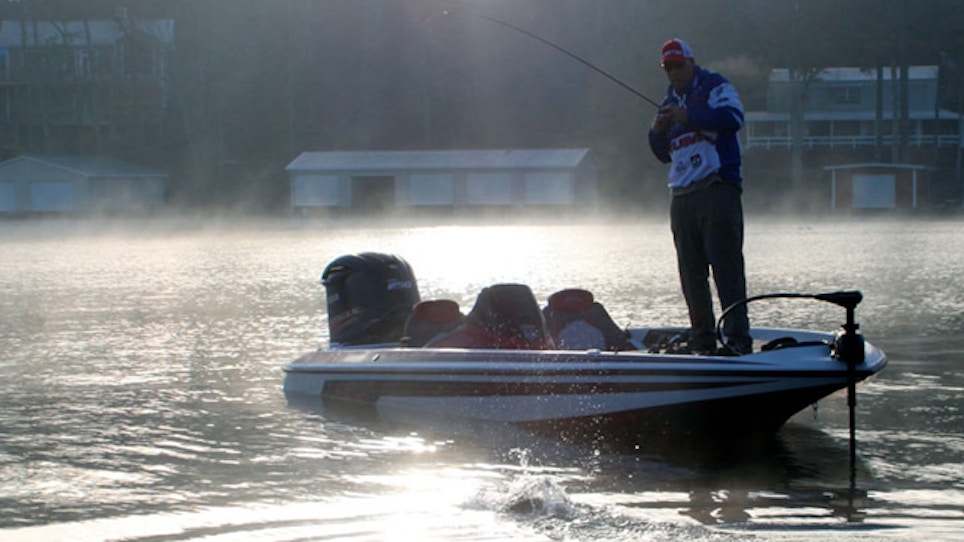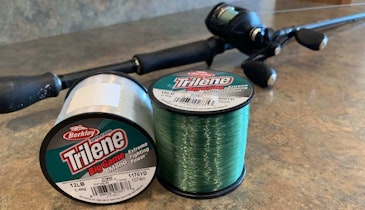By TODD MASSON | The Times-Picayune
NEW ORLEANS (AP) — Louisiana has no real fishing offseason. While anglers elsewhere can only go to boat shows and peruse fishing catalogs in January and February, many Bayou State residents are actively pursuing the aquatic species they love.
But the winter isn't nearly as popular as the summer. Many anglers don't see the point in cutting a boat through 40-degree air when there's a nice fire and hot coffee at home.
Those guys will soon pull their boats out of the garage for the first time this year, and some of them won't like what they find. Jimmy Fisackerly of Boat Stuf participated in a northshore seminar Tuesday night, and told the crowd that unused boats are being plagued by more than dead batteries.
“We're seeing — because of ethanol — some major problems,” he said. “You do not want that stuff going through your engine and filters. It's creating havoc. It clogs injectors and can burn an engine up.”
The problem is that ethanol absorbs water, and boat fuel tanks vent into the atmosphere. Every day, the gas in the tank heats up and expands. As it cools in the nighttime hours, it compresses and sucks humid air into the tank, where it is absorbed by the fuel.
Over time, the fuel tank will contain a layer of water — something that should never be processed through a boat motor.
“Engines, of course, cannot run on water,” Fisackerly said.
Once a boater pulls the water into the motor, a whole lot of bad things happen. Fisackerly said fuel injectors pay the biggest price, and must be either cleaned or replaced. Also, all of the internal fuel filters need to be swapped out, as does the exterior fuel/water separator.
Many anglers take special care not to run ethanol-mixed fuel through their boats, but even still, if the boat has sat up for a while, Fisackerly recommends doing a fuel check.
“Before you run that fuel through your engine, you need to pump some of it out, put it in a jar or clear bottle and assess it,” he said. “That bad fuel has a smell -- a distinct varnish-type of odor. If you pump it into a bottle and let it settle, the water is going to go to the bottom, and the fuel will stay on top. If you shake it up, it'll get real milky looking.”
If any water is present in the fuel, the angler should completely drain the tank and refill it with fresh fuel before running the motor, Fisackerly said.
“Fifteen years ago, we didn't see these problems,” he said. “You could let a boat sit up for six months and crank it right up. Now, you just can't do that.”






